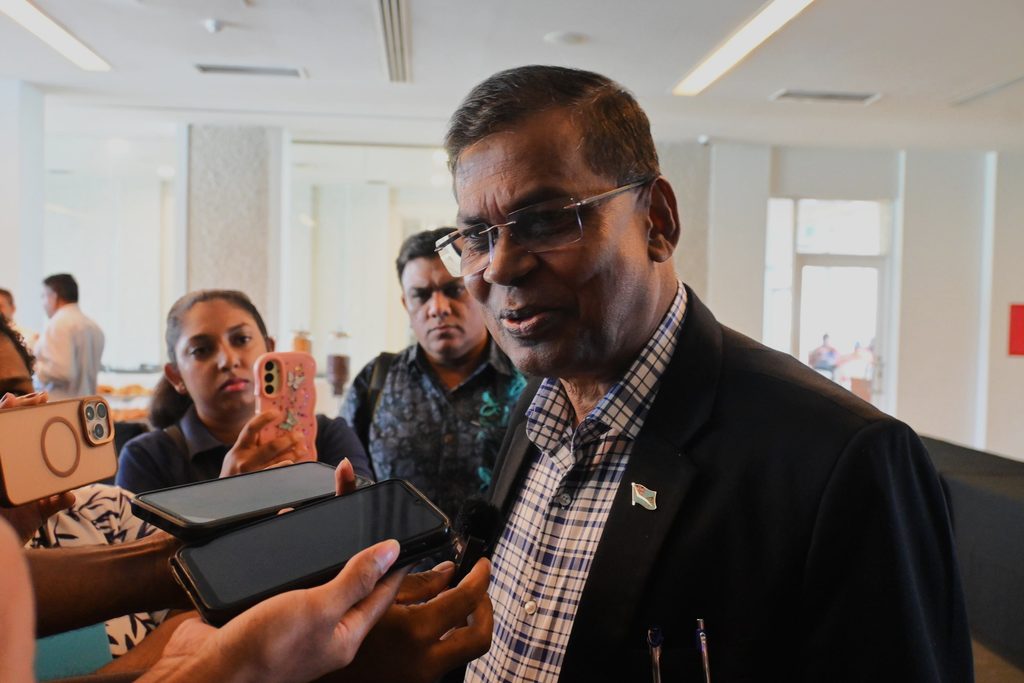So Government spending will be driven by purpose and not profit!
That’s the word from Deputy Prime Minister and Minister of Finance, Professor Biman Prasad.
He believes government spending cannot be treated the same way as a business expense and must instead focus on delivery, long-term vision, and inclusive development outcomes.
Speaking at the Post Budget Breakfast at the Grand Pacific Hotel at the weekend, Prof Prasad said there has to be a move a way from a “business-as-usual” approach to one that prioritises timely and efficient implementation of budgeted projects.
It makes sense!
We have a national budget. We have funds allocated for various ministries and sectors.
The challenge, it seems, is going to be on implementation, and how we ensure allocated funds are used, and benefit the masses.
As Prof Prasad said: “We are saying to ourselves in government, business as usual is not going to work.”
“There has to be a sense of urgency, there has to be a sense of speed, efficiency and effectiveness in delivering the commitments in the budget.”
Essential infrastructure projects, he said, such as water upgrades, must be delivered within the current budget period to meet expectations.
“If we are saying we need water infrastructure to be completed in this budget or partially completed, then it must happen in this budget. Period!”
He also addressed the Government’s long-term fiscal strategy, stating the aim is to reduce our debt-to-GDP ratio to between 50 per cent and 60 per cent over the next 10 to 15 years.
That, he said, would require sustained economic growth of at least 5 per cent each year.
The financial targets we have set ourselves are not standalone goals. They are connected to our National Development Plan and the Government’s vision to achieve high-income status by 2050.
We say, there has to be emphasis on spending smartly, efficiently and being transparent!
That is where implementation is important! Once the budget is passed and funds are distributed, it is up to ministries to act. We say there must be systems in place to ensure that money flows to where it is intended, and that every dollar delivers value.
So we say there will be an expectation when we come to performance and productivity. We reflect on rewarding initiative, effectively and promptly dealing with complacency, and a process is in place where we place people at the heart of public service.
So yes, the budget is important. But it’s only half the equation. And we are talking about execution where we track how we perform towards our national goals.
We agree Prof Prasad’s message is a clear call to action.
This shift in thinking could redefine how we measure government success, not by how much is spent, but by how meaningfully that money changes lives.
As the good minister said, spending should be driven by purpose, not profit. And in that future, the real measure of success will be delivery!



